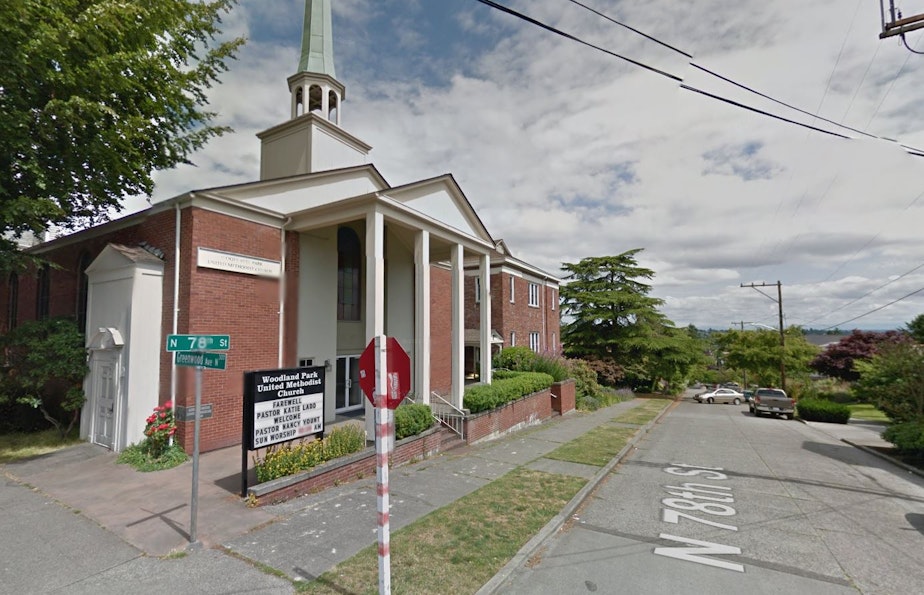Women's Shelter Opens In Greenwood As Seattle Fights Homelessness

One of Seattle's homeless shelters has a new location, with more beds than before.
The Hammond House women's shelter is now in the Greenwood neighborhood, after its downtown property was sold last year. The shelter will be housed at Woodland Park United Methodist Church, at the corner of Greenwood Avenue North and North 78th Street.
The organizers hosted an opening ceremony on Wednesday.
The move came at the right time for new funding – Seattle Mayor Ed Murray declared a state of emergency on homelessness in November.
Homelessness has increased in Seattle, according to a recent Hunger and Homelessness survey released by the United States Conference of Mayors. The survey found that Washington, D.C., saw the largest increase in the number of homeless residents – Seattle was second.
The city has budgeted for 100 new shelter beds this year, and the first 20 go to the Hammond House.
The shelter is run by Compass Housing Alliance.
Spokeswoman Jackie O'Ryan says it will now have 60 beds – up from 40.
"That seems insignificant, but when you consider that, that's expanding from about 14,000 bed nights a year, to almost 22,000 bed nights a year for women in crisis," O’Ryan said.
O'Ryan said re-opening Hammond House cost about $130,000. It's funded primarily by the city's emergency investments and King County.
Hammond House opens to women each night at 6 p.m., and provides food, showers and case management services.
Alison Eisinger, the director of the Seattle/King County Coalition on Homelessness, said a perfect storm is causing people to lose housing – “enormous increases in housing costs, historically very low levels of public support, wages that have been low for a very long time."
Although Seattle's minimum wage is rising, Eisinger said the city needs more affordable housing options.
The Hunger and Homelessness report said shelters have had to turn people away throughout the year.
It also said requests for emergency food went up by 3 percent in Seattle. City officials expect both shelters and food banks to be even busier in 2016.

